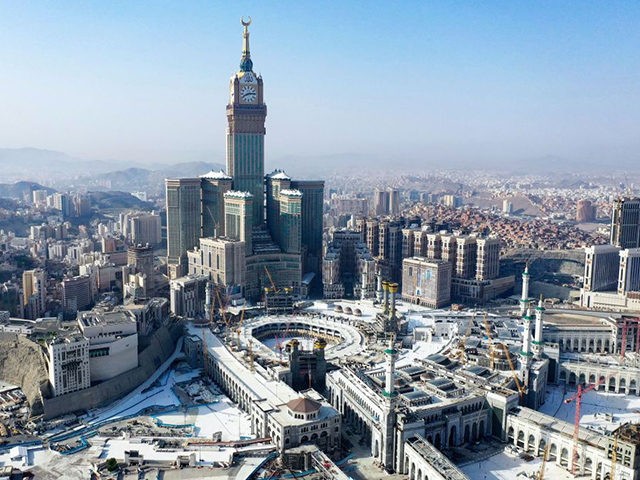Saudi Arabia failed in its bid to join the United Nations Human Rights Council (UNHRC) on Tuesday — The Kingdom had been vying for a spot on the council for the next three-year term starting on January 1, 2021.
China and Russia were elected to the UNHRC on Tuesday, along with Cuba.
While both Russia and Cuba ran unopposed in the U.N. General Assembly election, Saudi Arabia and China competed against Pakistan, Uzbekistan, and Nepal for membership in the council, with the five nations jostling over four spots.
“Pakistan received 169 votes, Uzbekistan 164, Nepal 150, China 139, and Saudi Arabia 90 votes — ending Riyadh’s bid to again be a member of the U.N.’s top human rights body,” Al Jazeera reported.
The U.N. elected a total of fifteen countries to the 47-nation human rights council on Tuesday.
According to the report, members are elected directly to the UNHRC “by secret ballot by the majority of the U.N. General Assembly. Membership has to be equally distributed geographically.”
The resolution that created the UNHRC stipulates that “nations elected to the council must uphold the highest standards in the promotion and protection of human rights. Members sit for three years for a maximum of two terms, and are not eligible for immediate re-election.”
The UNHCR distributes its membership across five regional groups: Western Europe and Eastern Europe, Asia-Pacific, Latin America and the Caribbean, and Africa.
“African and Asia-Pacific states have 13 seats on the council each, Latin America has eight, Western Europe seven, and Eastern Europe receives six seats,” Al Jazeera noted.
Prior to Tuesday’s vote, Human Rights Watch urged U.N. General Assembly members not to elect Saudi Arabia or China to the council, arguing that their records of human rights abuses disqualified them for membership. The New York-based rights group described the countries as “two of the world’s most abusive governments.”
“China and Saudi Arabia have not only committed massive rights violations at home, but they have tried to undermine the international human rights system they’re demanding to be a part of,” U.N. director at Human Rights Watch, Louis Charbonneau, said.
“Serial rights abusers should not be rewarded with seats on the Human Rights Council,” Charbonneau added.
“In recent years, authorities have rounded up hundreds of perceived political opponents, detained more than a dozen women’s rights activists, and continued mass prisoner executions. Public protests, political parties, and labor unions are banned in the kingdom,” Al Jazeera noted on Tuesday.
A U.N. rapporteur in 2019 linked the killing of Washington Post journalist Jamal Khashoggi in 2018 by Saudi agents to the Kingdom’s Crown Prince Mohammed bin Salman (MBS). Agnes Callamard, the U.N. Special Rapporteur for extrajudicial, summary, or arbitrary executions, stated that there was “credible evidence” that MBS and other high-level Saudi officials were individually liable for Khashoggi’s killing.

COMMENTS
Please let us know if you're having issues with commenting.